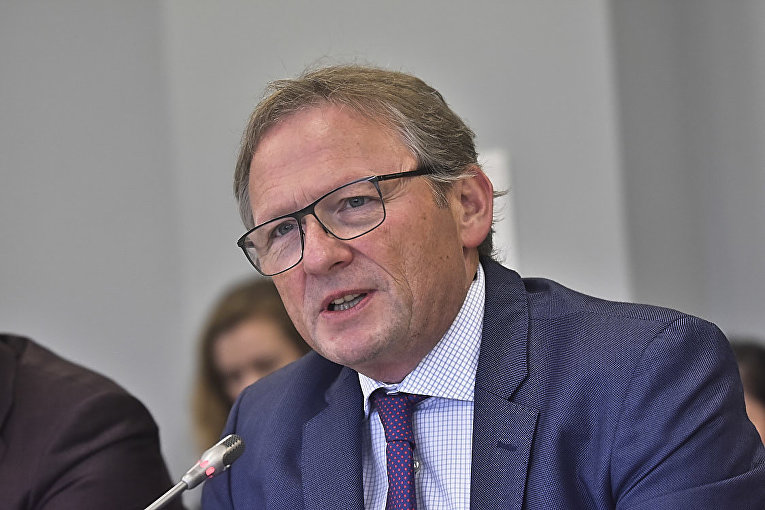MOSCOW, June 4 (RAPSI) – Russia’s Business Rights Commissioner Boris Titov has submitted to the Justice Ministry a negative opinion as to the draft new Code of Administrative Offences, the press service of the Business Ombudsman informs.
According to Titov, at this time it is too early to adopt a new Code, since superfluous and outdated mandatory requirements violations of which serve as a basis for businesspersons to be held administratively liable have not been abolished yet.
The Business Ombudsman Office staff believes that since recently businesses have been more frequently held administratively liable. According to Russia’s Federal State Statistics Service and the Supreme Court Justice Department statistical data, various administrative penalties were imposed on over one million corporations (every fourth of them), whereas in 2015 this figure made only 400,000 organizations.
In the Business Rights Commissioner’s response it is stated that the draft new Codex fails to alter the punitive and fiscal motivation of state oversight authorities. Fines are still playing the role of the basic administrative penalty and are to be imposed for the majority of offences as defined in the special part of the draft Code. Moreover, the new draft Code sets forth much larger fines without any economic substantiation; for certain wrongdoings fines are to be raised tenfold, especially as concerns self-employed individuals, whose status is to be in practice made equal to that of corporations.
Titov believes that unfortunately fines in Russia are a planned source to replenish the state budget. So, oversight authorities are going to impose maximum amounts of fines because it is the aim they were instructed to achieve. They do it well, the Business Ombudsman observes: in 2018 the planned income of the state budget from fines was to make 52.5 billion rubles (about $760 million at the current exchange rate), in fact this sum made 67.1 billion (almost $1 billion); in 2019 the respective amounts made 60.8 billion rubles and 76.8 billion rubles ($880 million and $1.1 billion). The new draft Code can only to entrench this trend, although it does not answer the need to revive economic activity after a most serious crisis, the Business Rights Commissioner notes.



